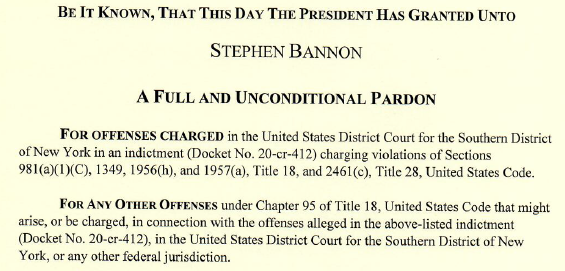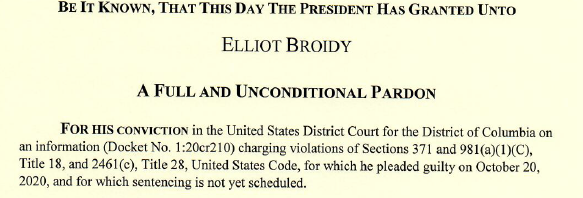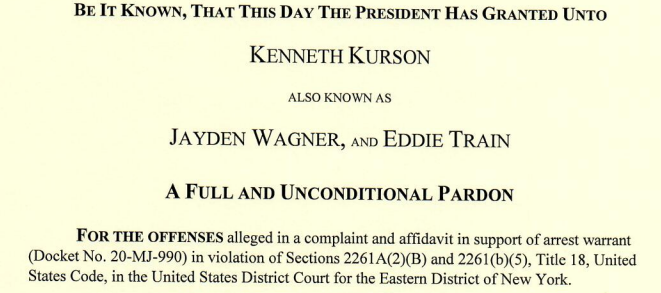
In an already gratuitous tangent calling for overturning a key 1st Amendment precedent that protects the free press, 85-year-old Laurence Silberman seems to have lost the filter that counsels most judges against displaying a nakedly partisan demeanor. cadc.uscourts.gov/internet/opini… 

Silberman was Nixon and Ford admin official. He was a friend of Dick Cheney, who as WH chief of staff in 1975 wanted to make him the top WH domestic policy official, while Kissinger thought he should lead the CIA. (See Takeover p 49.) In 1985, Reagan made him into a judge. /2
In 1988, Silberman tried to give victory to the Reaganites' novel theories of executive power maximalism by writing an opinion striking down the independent counsel law and proclaiming the Unitary Executive Theory to be true. The Supreme Court disagreed, overruling him 7-1. /3
In 2002, on a review panel for the FISA Court, Silberman claimed that presidents can wiretap without warrants even if a criminal law says otherwise. When Stellarwind was exposed, the Bushies loved that dicta -- also essentially a WSJ oped dressed up as a judicial opinion. /4 

Anyway, judges are human beings and no one thinks they lack political views just because they wear black robes, but to foster confidence in the judiciary and rule of law, most pursue an ideal of trying to keep that stuff separated from their professional/public work product. /end
• • •
Missing some Tweet in this thread? You can try to
force a refresh








